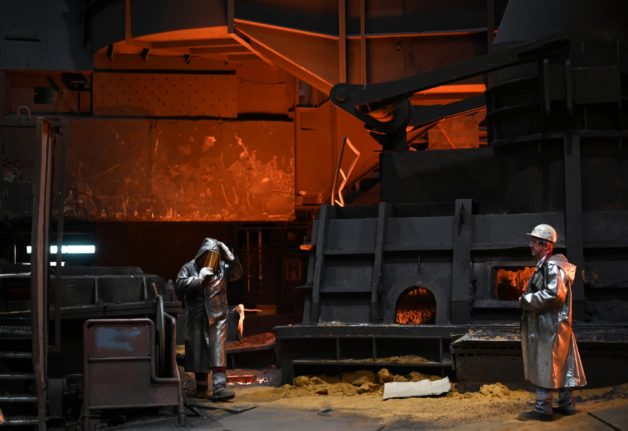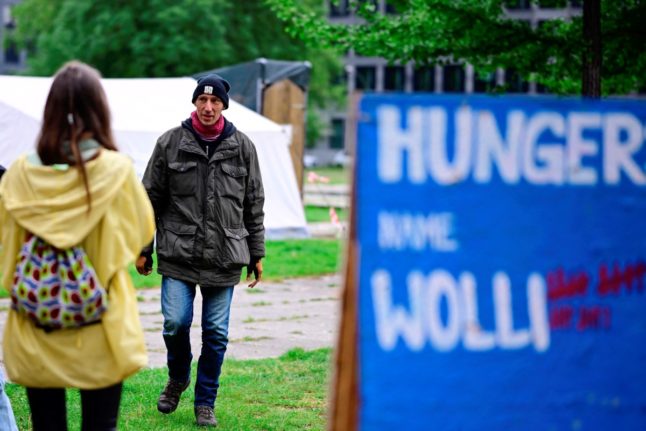Germany’s Ministry for Economic Affairs and Energy (BMWK), led by Robert Habeck, plans to provide more than €20 billion for climate protection contracts over the coming years, with an initial round worth €4 billion, beginning soon.
The novel subsidy program, approved by the European Commission on Friday, is part of Germany’s stated plan to become climate neutral by 2045. Funding is to be awarded to industrial manufacturers for projects that would help them decarbonise their production processes.
Germany’s economy minister Habeck lauded the plan, calling it a “Groundbreaking decision for energy-intensive industry.” Habeck began promoting the idea of creating climate protection contracts as early as 2022.
Basic material industries, such as steel, cement, paper, glass and chemicals make up a big part of the German economy.
Decarbonizing these sectors is especially difficult because production of these materials has been powered by fossil fuels, and switching to renewable power requires the development of new and expensive production methods.
According to a summary by Clean Energy Wire, projects supported under the scheme could include the construction of melting tanks for electricity powered glass production or hydrogen-powered direct reduction plants for steel production.
Can Green-transition funding help revitalize the German economy?
The plan comes amid gloomy forecasts for the German economy – on Wednesday the German government cut its growth forecast for the German economy in 2024 down to 0.2 percent.
The decline of the country’s industrial sector, due partly to fossil fuel price increases which have been felt since Russia’s invasion of Ukraine, is one of the primary contributing factors to Germany’s sluggish economic growth.
READ ALSO: Will US climate plans affect German gas supply?
Additionally, green subsidies offered by the United States have lured away some German firms.
Through its own new subsidy scheme, the coalition government presumably intends to support some of Germany’s critical industries and also to encourage a transition toward an economy that is less dependent on fossil fuel imports.
Many of these industrial decarbonisation projects will also create jobs – construction jobs in the short term as new plants are built, and in some cases likely also new STEM and administrative jobs as new production processes are developed and deployed.
READ ALSO: How one German company wants to plug the skilled worker gap in green tech
But with project funding to be distributed gradually over the next 15 years, it will likely be a few more years before these economic impacts are felt.
According to a report by Handelsblatt, climate protection agreements are to be financed by the Germany’s Climate and Transformation Fund (KTF), and €660 million have been set aside for this year.
Companies hoping to receive funding will submit project proposals. In the initial round of tenders, expected to open soon, a funding limit of one billion euros is set to encourage small and medium-sized projects to benefit.
Later rounds will likely have higher limits and can be expected to award big industry players that would amount to the largest carbon dioxide reductions.
A statement released by BMWK said, “With the climate protection agreements, companies in Germany can better compensate for and secure the costs of the transformation and switch to a carbon-free economy.”



 Please whitelist us to continue reading.
Please whitelist us to continue reading.
Member comments